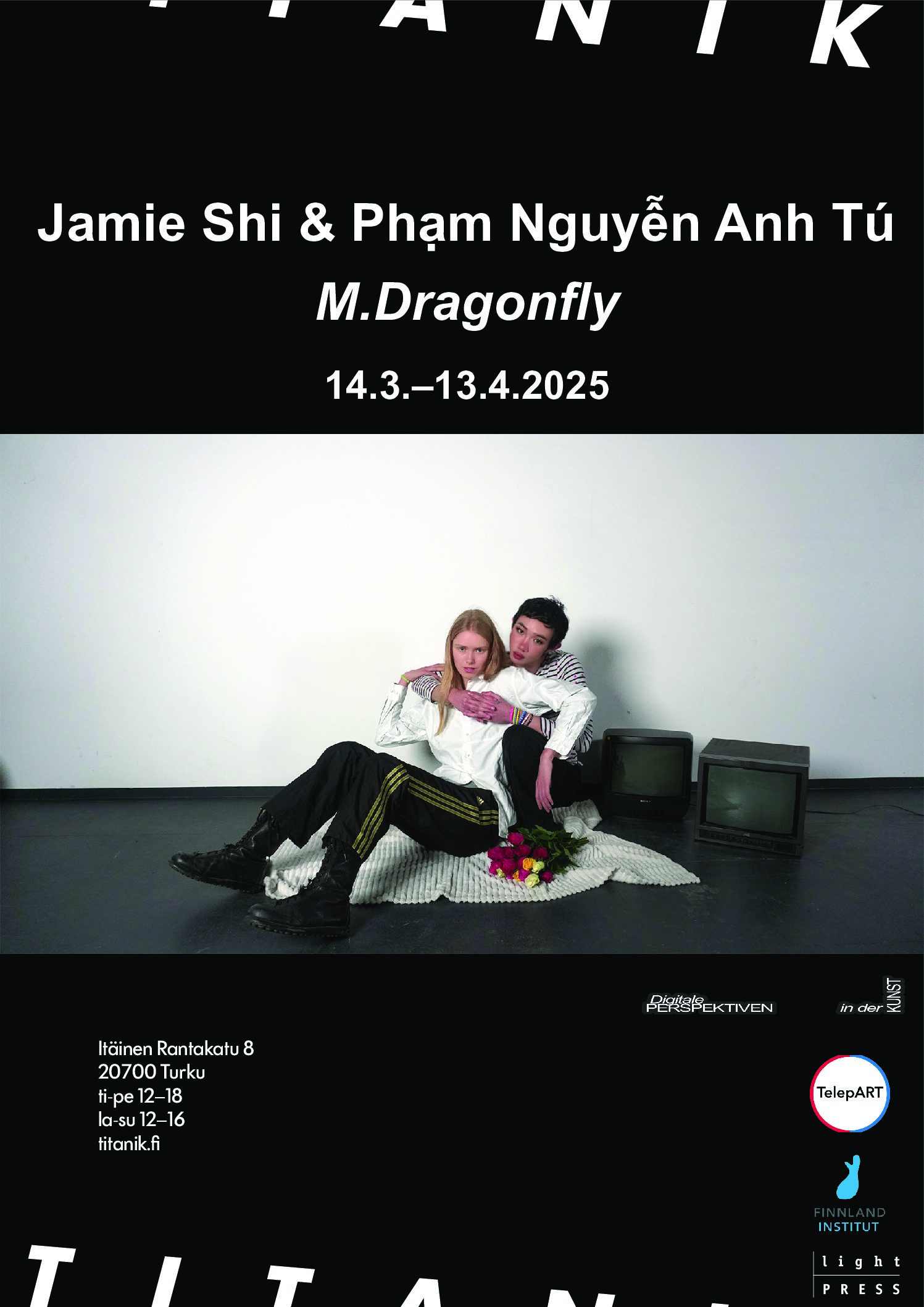Tine Melzer: Literal Translations
Lecture at Turku Arts Academy (Kuvateatteri, Linnankatu 54-60)
Wednesday 15th of September 3 p.m.
Opening on Thursday 16th of September from 6 p.m.
Welcome!
Tine Melzer uses language as material. The amazement and enchantment of language and its mechanisms between humans is the nucleus of all of her art work; it is situated on the edge of theory and practice, knowing and seeing, describing and showing, text and image. She holds a degree in both philosophy and fine arts and currently reads for a Phd at Planetary Collegium. Melzer lives and works in Amsterdam and Zürich and teaches internationally.
The work aims to host concepts on language in order to give language sensory tactility and spacial or visual dimensions. Tine Melzer can be looked at a translator from theoretical aspects on language – and our own experience within it – into visual perception. Melzer wants to ask questions about our live with language in the context of visual art, which most people experience and accept as a language in one way or another.
Tine Melzer’s work is multidisciplinary: it employs means of sculpture, installation, graphic printwork, book art and writing. This variety is necessary, for the form is essential to the concise working process: our habits and conventions in language are the forms which host her work. The inserted texts and concepts indicate simply, how language is and behaves, while the artist strives to a maximum of purity of expression. As a consequence, some works use mechanisms similar to a joke or are painfully literally.
Taking the world literal and having language show itself in the reduced undertakings of creation is a key effort in her work. What might sound dry and theoretical, are the most exciting phenomena of ordinary language: our jokes, gossip, doubts, failures and aha-moments. The language-games we play are the material for the work, the work succeeds if we can recognize our own behavior or experiences in the structure called ‘language’. (The questions raised are often easy to ask and complex to answer: in the tradition of philosophy, the question remains valuable / essential and the attempt to answer often secondary.)
How do words relate to the world?
The recent work presented at the Sumu Studio has follows two main directions: One is an ode to single words as potential powers in ordinary communication. In her work ‘Shifters’ Ode’ she gave body to the tiny words we can’t do without, the shifters. It is an homage to these words, which we use very frequently, but which change or shift their denotational meaning depending on the context of speaker, time and place. The other direction is informed by research on the philosopher Ludwig Wittgenstein and ideas on the concept of truth and perception in language. What does this all have to do with a rhinoceros?





